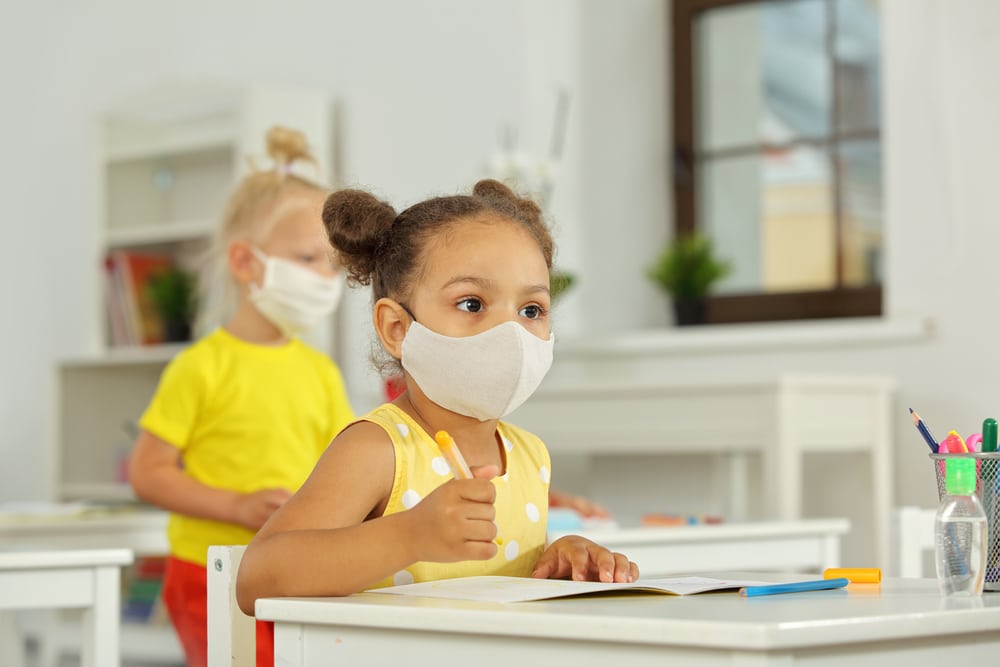Essential Health And Safety Tips For Returning To School
Switching gears from the relaxed pace of summer to the structured environment of school can be, at times, overwhelming for both children and parents alike. Amidst the rush of shifting schedules and academic pressures, it’s crucial not to lose sight of health and safety. Here are a few preventative steps you can adopt to ensure your child’s welfare as they embark on or return to their educational journey.
Make Immunization A Priority
Immunizations are a core element of preventive healthcare, crucial for fending off various infectious diseases. They not only protect your child but also help maintain community-wide health through herd immunity.
As the school year approaches, it’s essential to check that your child’s vaccinations are current. Speak with your family doctor for advice on which shots are required, guided by your child’s health record and local disease risks. Adhering to the recommended vaccination schedule can fortify your child against common ailments, such as influenza, measles, mumps, and COVID-19, which can otherwise interrupt their schooling and well-being.
Emphasize Nutritious Eating Habits
Eating nutritious meals is vital for a child’s brain development, growth, and energy necessary for their daily activities. Consistently balanced diets are associated with sharper cognitive abilities, such as quick learning, advanced problem-solving, and strong memory, which can be beneficial in an academic setting.
Strive for a lunch packed with a variety of nutrients when preparing your child’s meals; for example, a sandwich consisting of turkey and avocado on whole-grain bread, paired with crunchy carrot sticks and a fresh apple. Keep processed and sugary items to a minimum.
Engage with your child’s school nutritional framework in the following ways:
- Join school meal planning committees to have a say in the food selection and quality.
- Connect the school with local farmers, promoting a cycle of fresh, local produce for more wholesome school lunches.
- Review the school’s menu offerings for their nutritional value and provide feedback as necessary.
Ensure your child stays hydrated by encouraging them to drink water throughout the day, aiming for five to eight glasses for children over four years old.
Promote Reliable and Safe Transportation
With road-related incidents still posing significant risks to children, safety knowledge is imperative. This is true regardless of whether your child walks, cycles, takes the bus, or is part of a carpool.
Review the safest pathways and traffic rules with your young one, emphasizing the use of sidewalks and crosswalks, vigilance, and avoiding distractions. Bright, reflective attire can enhance visibility for those walking to school. Bus riders should always use seat belts and follow the driver’s directions. Assess whether your child is ready to travel alone based on their age, maturity, and ability to deal with potential emergencies.
Encourage Regular Physical Activity
At least 60 minutes of daily physical exercise is recommended for children’s overall health and cognitive development. Such activities not only contribute to physical wellness but also support mental health and educational achievements.
Instill a love for exercise in your child by involving them in sports, dance, or other physical hobbies. Do not wait for the school year to start; instead, foster physical activity at home, taking advantage of pleasant weather for outdoor engagements that can strengthen bonds while promoting fitness.
Stress The Importance Of Good Hygiene
Maintaining cleanliness is a fundamental strategy in preventing illness, particularly in the germ-prone environment of schools. It’s crucial to instill good hygienic practices in your children.
- Handwashing: Show your children the proper method to clean their hands and stress the importance of thorough scrubbing with soap for 20 seconds, followed by drying with a clean towel. Use colorful reminders near washing areas to turn handwashing into a routine before school restarts.
- Coughing and sneezing: Educate them to cover their mouths with a tissue or their elbow when coughing or sneezing and to dispose of tissues right away to prevent germ spread.
- Hand sanitizers: Supply your children with travel-sized hand sanitizers for school use.
Children often follow by example, so consistently exhibit good hygiene practices yourself to reinforce these important habits.
Laying the Groundwork for Educational Triumph
Enabling your child’s health and safety as the school term begins is essential. By being proactive, you make a significant contribution to their well-being, which paves the way for their scholastic and personal achievements. Customize these recommendations to fit the unique needs and preferences of your child for the best outcomes.
















